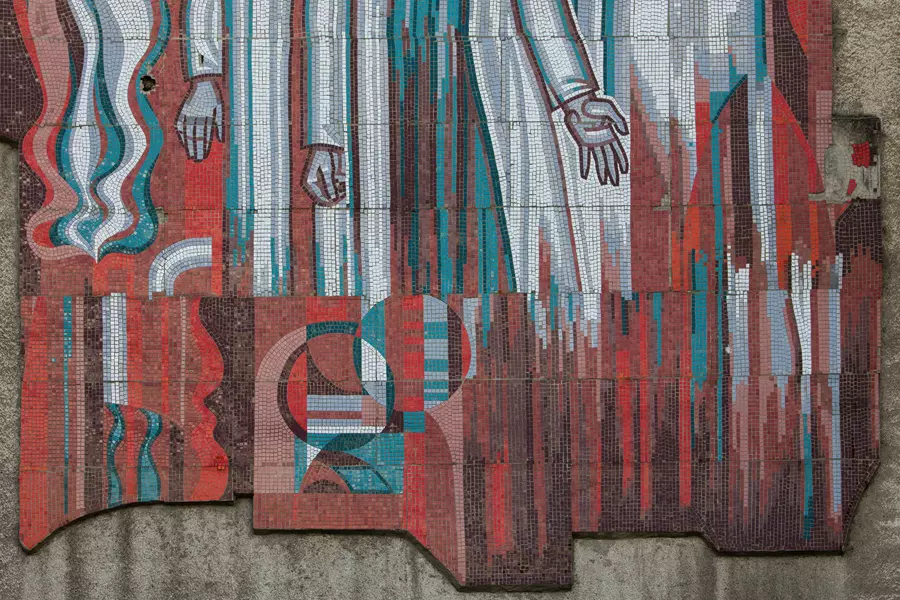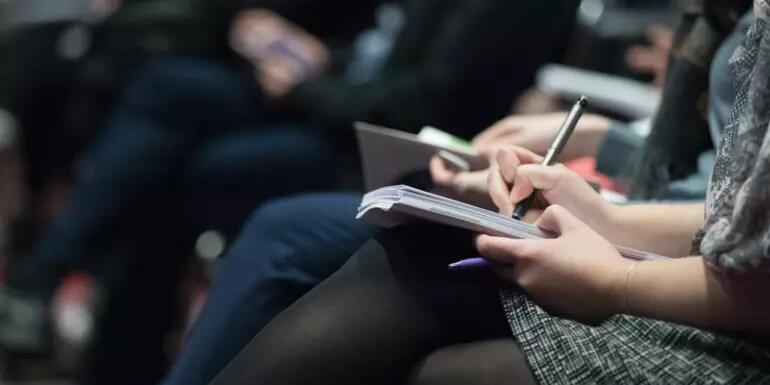The purpose of this course is to provide a reasonably sophisticated and advanced understanding of a broad range of analytical, empirical and policy questions relating to globalization and economic integration, while highlighting, in the latter regard, the experience of the European Union.
The determinants, consequences and policy challenges of economic globalization constitute a crucial point of departure for an in-depth assessment of the potential stakes of international competition and cooperation. In this regard, an understanding of the interrelation between evolving patterns and determinants of trade in goods and services, foreign direct investment and international migration can be essential for appraising the scope for effective policy intervention in an increasing interconnected world economy.
The optimal role of governments and international organizations in responding to the policy challenges of integration processes will be examined in considerable depth. In particular, the political economy of adjustment processes will be argued to be defined not only by different dimensions of regional and national governance, but also by the extent to which cooperative and/or non-cooperative strategies are adopted. The pros and cons of adopting international governance structures along the lines of fiscal federalism or, alternatively, confederation, will be scrutinized.
The political economy of international cooperation will also be argued to depend on a range of specific issues, potentially impacting industrial, technological, financial, labor-market and/or social performance. For example, international competition in high-tech sectors will be shown to depend, critically, on different dimensions of network structures, as well as the transforming effects and stakes of advances in international R&D competition, including those reflecting the increasing dominance of information and communication technologies. Similarly, a detailed understanding of the anatomy of international financial crises and contagion is crucial to understanding their consequences and formulating appropriate policy responses.
Throughout the course, considerable attention will be given to different aspects of the European experience. Both successes and shortfalls generated by the formation of the European Union and expansion of membership, the creation of the « Single Market », European Monetary Union, and the Schengen Treaty will be highlighted, as well as the welfare implications and policy challenges posed by Brexit. Other applications will focus on the prospects for heightened regional cooperation in North America, ASEAN and elsewhere. The challenges for historically industrialized economies, posed by the increased prominence of China, India, other “BRICs”, and emerging markets, will also be considered.
Throughout the course, both strengths and potential limitations of tools and modeling approaches will be emphasized, while highlighting applications to current events and policy debates.
Term: Winter/Spring (January-April)
Day & Time: Tuesday 5:30-7:30 pm
Instructor(s): Prof. Robert Owen
Room: Transit House, 315 Bloor Street West

